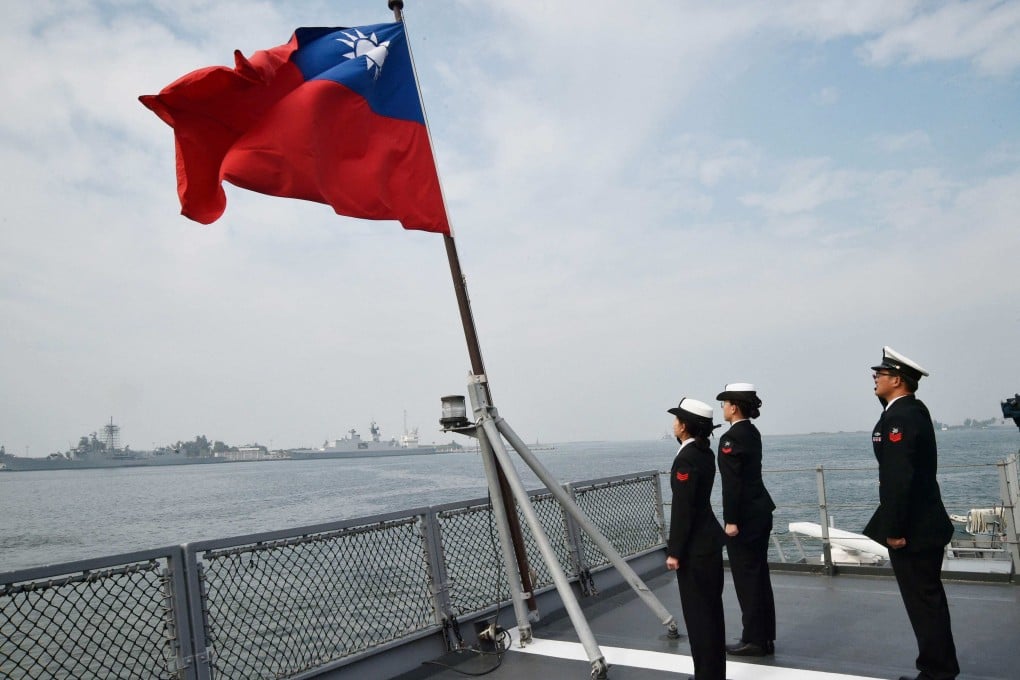Beijing tells Australian Defence Minister Peter Dutton to abide by one-China principle after Taiwan warning
- Dutton told an ABC interviewer that conflict could not be ‘discounted’ and suggested a Chinese lease on the port of Darwin could be under threat
- Relations between the two countries have already been under strain after Canberra called for an inquiry into the origins of Covid-19

“It is hoped that the Australian side will fully recognise the high sensitivity of the Taiwan issue, abide by the one-China principle, be prudent in words and deeds, refrain from sending any false signals to the separatist forces of ‘Taiwan independence’, and do more things to benefit the peace and stability of the Taiwan Strait and Sino-Australian relations,” Wang Wenbin, a Chinese foreign ministry spokesman, said on Monday.
On Sunday Defence Minister Peter Dutton told the Australian Broadcasting Corporation that conflict with Beijing over Taiwan “should not be discounted”. He added that while the Australian armed forces maintained high levels of preparedness to meet any threats to its allies, Canberra would work to try to maintain peace.
Diplomatic observers in China warned that such comments might further damage relations between the two countries after the federal government cancelled deals the state of Victoria had signed with Beijing.
“The defence minister made such remarks at this time just to create an atmosphere in international public opinion,” said Yu Nanping, a professor of international relations with East China Normal University.